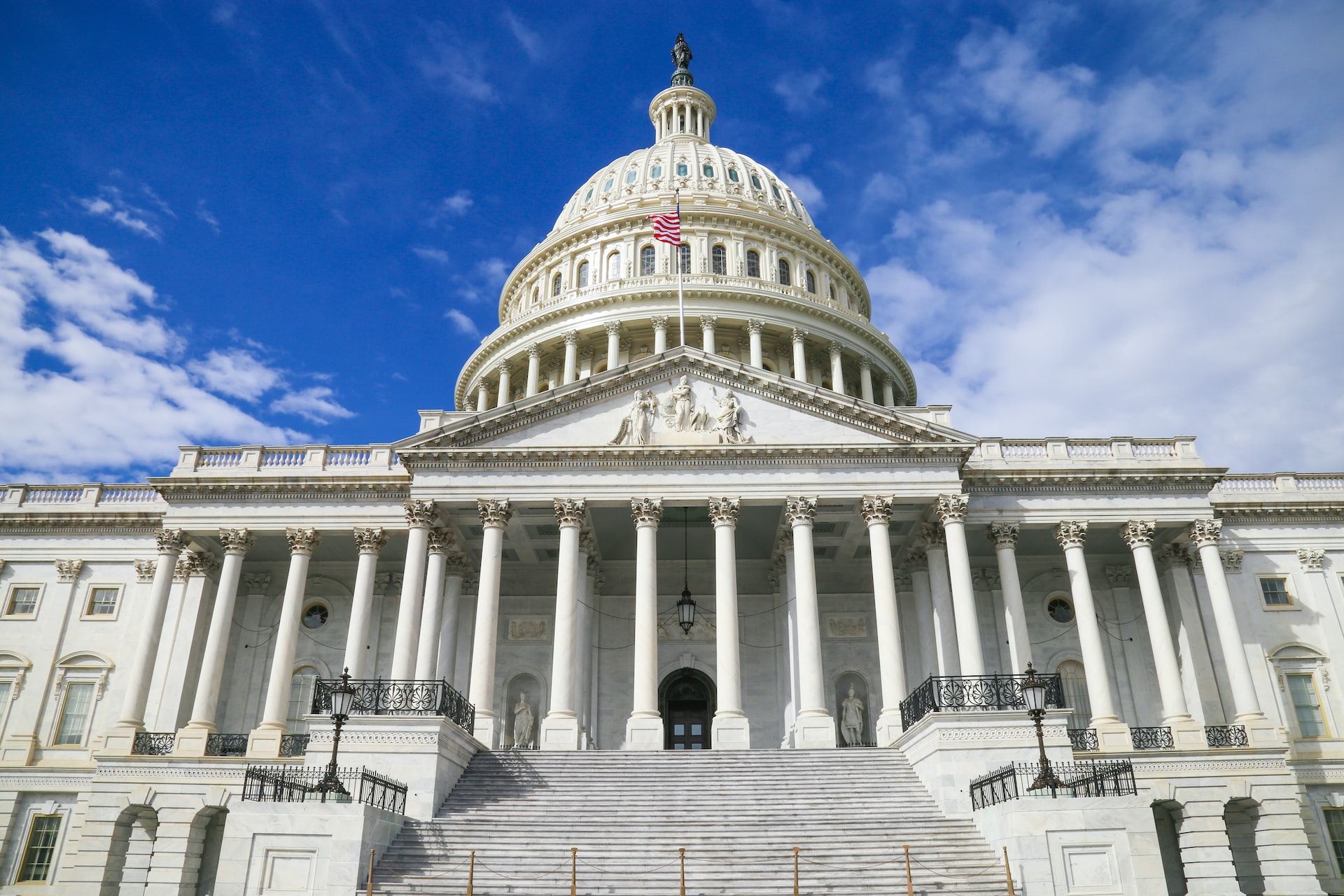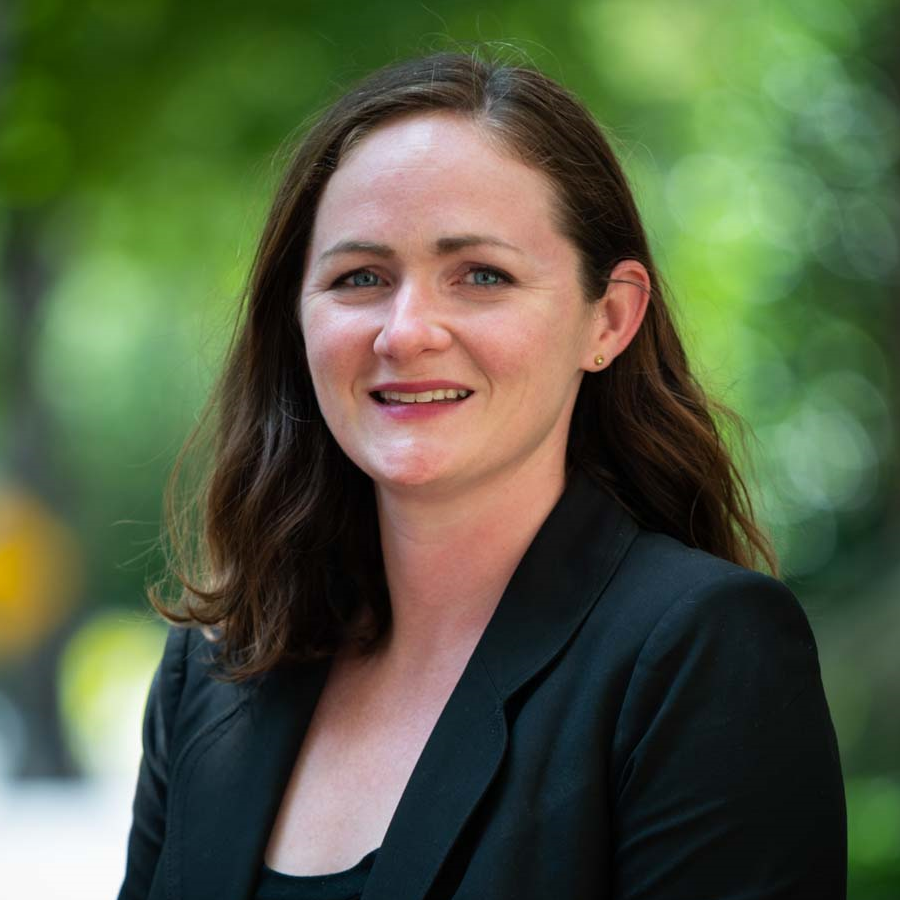The State of America's Direct Support Workforce Crisis 2024
New report sheds light on persistent problems facing community providers due to ongoing recruitment and retention challenges
Browse the Data
Connections - 01.31.23
Public Policy Update: Building on 2022 for a Brighter 2023

Share this page
Stay Informed on the Latest Research & Analysis from ANCOR
More News
Capitol Correspondence - 01.14.25
Disaster Preparedness Resource Released to Support Providers Amid California Wildfires
Capitol Correspondence - 01.14.25
New Congressional Membership in the 119th Congress
Stateside Report - 01.13.25
Stateside Report: January 13, 2025


